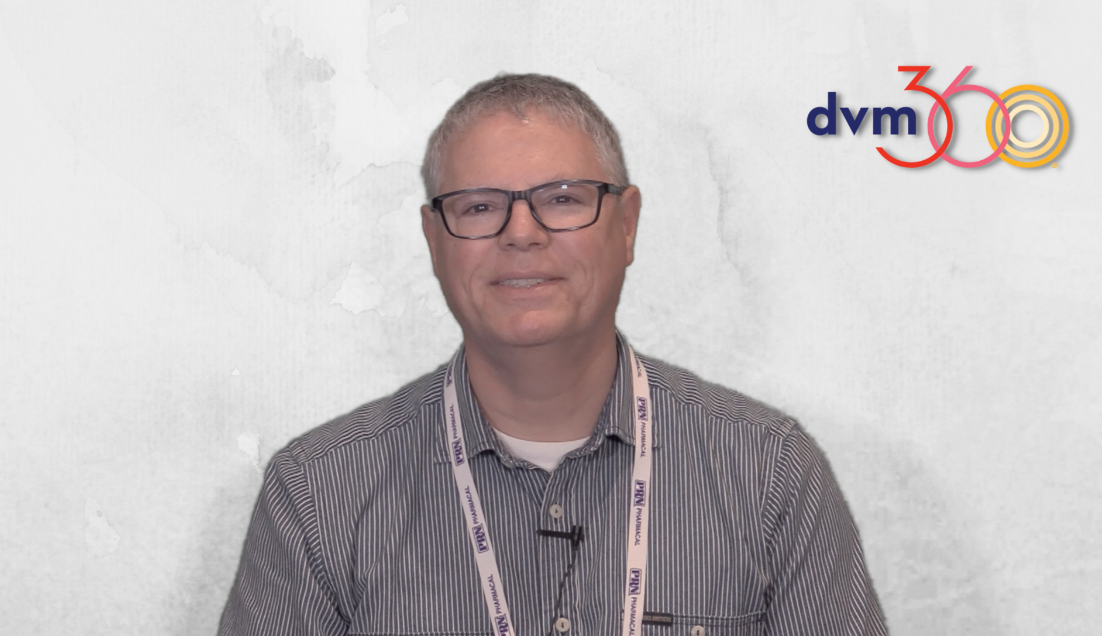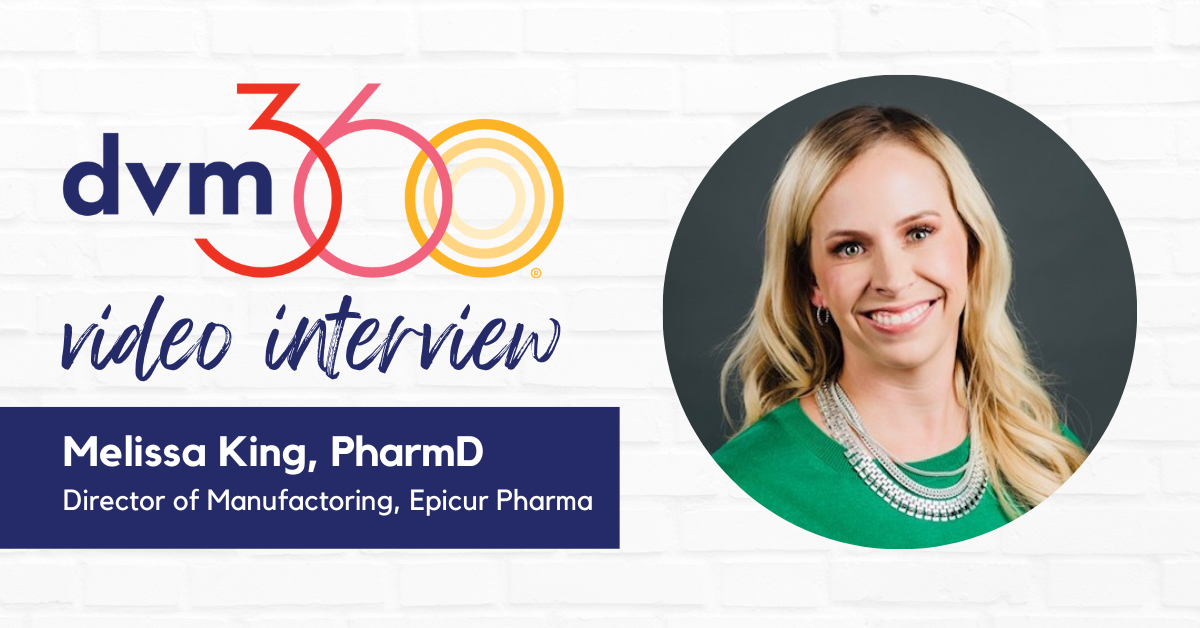A heaping dose of optimism
Most news about the economy is negative, but gloomy skies aren't necessarily ahead.
Most people attend CE to brush up on some type of skill. They want to learn a clinical technique, develop financial acumen, expand their management expertise, and so on. Well, a session I attended at the Western Veterinary Conference in Las Vegas last month helped participants bone up on their optimism skills.

Kristi Reimer
Lowell Catlett, PhD, is an economist and "futurist" who predicts trends in the veterinary profession. During a lunch session sponsored by Abbott Animal Health, Catlett doled out a healthy portion of perspective for us in the audience to ingest along with our sandwiches and potato salad. I thought I'd share some of his insights with you. After all, who couldn't use a dose of the big picture now and then?
First of all, about this "recession" we're in: In 2008, the gross domestic product grew in every quarter except the fourth, and overall it was up 1.3 percent. That's not to say that businesses and individuals aren't struggling—there certainly are tales of woe in all sectors of the market—but the outlook may not be as bleak as pundits make out. "Americans don't know how to do anything except get up and go to work," Catlett says. "And that will bring us out of this slump."
Also, baby boomers have 70 percent more income, adjusted for inflation, than their parents did a generation ago. And while their parents spent 31 percent of their income on food, today people spend 4 percent to feed themselves.
People afford what they want, Catlett says, and what they want is quality time with their pets. "When I'm waddling around in diapers, I want to go to a place where I can bring my dog," he says. "You don't think there's a booming business for you all in assisted living? Think again."
What it comes down to, Catlett concludes, is that pets are part of the "dreamspace" of people's lives. Whereas pets used to be a commodity along with food and shelter, they're now part of the topmost level of self-actualization. "I tell my veterinarian that as long as my dog Tanga has a good quality of life, I want as many days with her as I can get," Catlett says. "That's what I'm buying. Don't sell your customers products and services. Sell them their dreams."

Kristi Reimer, Editor










